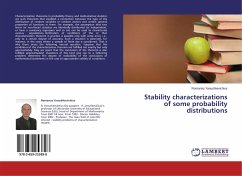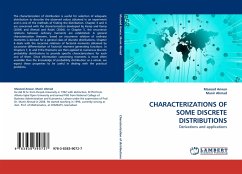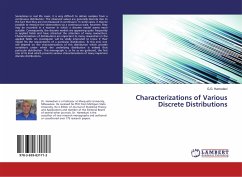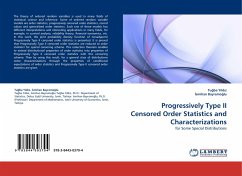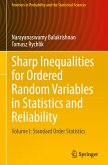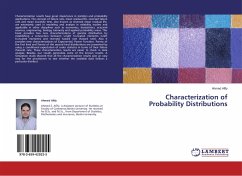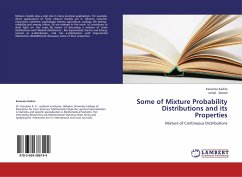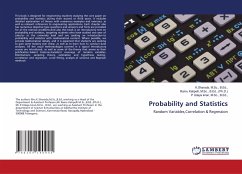Characterization theorems in probability theory and mathematical statistics are such theorems that establish a connection between the type of the distribution of random variables or random vectors and certain general properties of functions in them. For example, the assumption that two linear (or non-linear) statistics are identically distributed (or independent, or have a constancy regression and so on) can be used to characterize various populations. Verification of conditions of this or that characterization theorem in practice is possible only with some error, i.e., only to a certain degree of accuracy. Such a situation is observed, for instance, in the cases where a sample of finite size is considered. That is why there arises the following natural question. Suppose that the conditions of the characterization theorem are fulfilled not exactly but only approximately. May we assert that the conclusion of the theorem is also fulfilled approximately? Questions of this kind give rise to a following problem: determine the degree of realizability of the conclusions of mathematical statements in the case of approximate validity of conditions.
Hinweis: Dieser Artikel kann nur an eine deutsche Lieferadresse ausgeliefert werden.
Hinweis: Dieser Artikel kann nur an eine deutsche Lieferadresse ausgeliefert werden.

